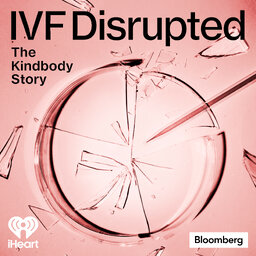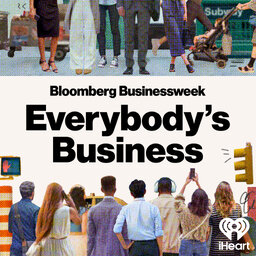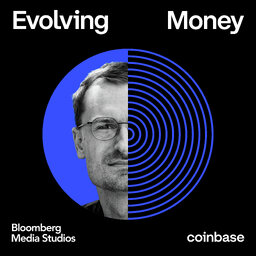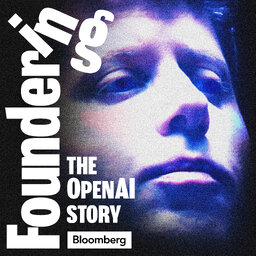WeWork Part 5: The Universe Does Not Allow Waste
Adam Neumann always had wild ambitions. By 2017, he had found an even wilder investor who wanted to fund those ambitions: SoftBank CEO Masayoshi Son. Adam spent his billions from SoftBank on competitive tactics, seemingly random investments, and even an elementary school. In this episode, reporter Ellen Huet explores why this free-wheeling spending was so odd: Adam knew this was a bad idea. In exclusive recordings from internal meetings in 2016, he warned his employees that they had to cut back on WeWork's "spending culture." But once the money poured in, it appeared like he forgot his own advice.
In 1 playlist(s)
Foundering
Foundering is an award-winning, serialized podcast from the journalists at Bloomberg Technology. Eac…Social links
Follow podcast
Recent clips

Introducing IVF Disrupted: The Kindbody Story
01:36

Introducing: Everybody's Business
01:27

Evolving Money: Rebuilding the Creator Economy (Sponsored Content)
18:29
 Foundering
Foundering